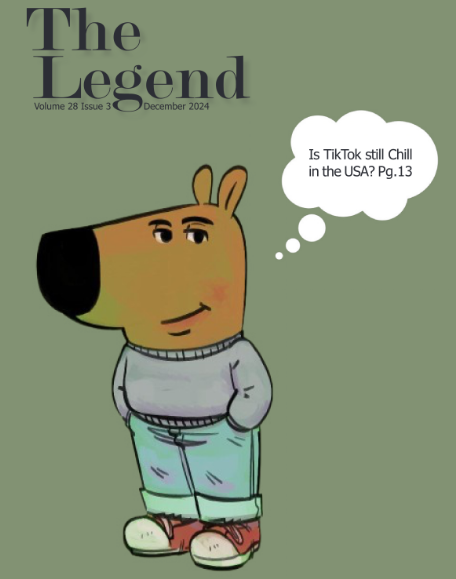RISING SELFIE STANDARDS
Editing apps have made millennials more self-conscious.
November 15, 2016
As modern day smartphones have allowed for instant connection with the rest of the world, social media has been an outlet of personal information for many people. While social media has become more popular in the past several years, there has also been a popularity increase in apps that allow people to edit their faces and bodies before sharing a photo or video. According to Business Insider, “fifty percent of people who post images of themselves online retouch them first.” Facetune, Pixtr, and ModiFace are only a few examples of some apps that allow the user to whiten teeth, lift cheekbones, and even enlarge their eyes or lips.
“I use Perfect365 to smoothen my skin and acne. It’s not like I have really bad insecurities about my skin, but the app just makes it perfect. I kind of look at how I’ve edited my photos and wish I could replicate it in real life,” said Junior Jessica Delrossi.
While taking pictures of oneself is a harmless way to boost confidence, editing the original photo can also harm a person’s view of themselves. People, especially young impressionable girls, will often aim to achieve the nearly impossible beauty standards set by society. Delrossi, like several of her other peers, have become victim to the strive for perfection, and this effort toward flawlessness can make them ignore or even hate the parts of themselves that make them unique. By editing selfies to remove blemishes, fake a nose job, or reduce their waistline, people begin to believe that the edited versions of themselves are better than their original appearance.
“I use VSCO for concealing my under eyes since one of the things I always see wrong with myself is my really bad under eye circles. Editing them out is one way I take control of that,” said Sophomore Claire King.
Changing one’s appearance does not only happen through the use of editing apps; even Snapchat filters can now automatically make “desirable” changes. Filters that have become especially popular among teens include ones that soften skin, lighten eyes, and even slim the face. This alteration of a teenager’s perception of themselves can seriously impact the way they view their own face and body as they experience changes and can make them feel bad about their natural appearance.
“In middle school I used to blur out my acne and whiten my teeth, but now I have a really good support group from my friends so I don’t feel the need to do that anymore,” said Junior Abigail Maldonado.
Maldonado is fortunate enough to have a better self-image thanks to her peers and the friends she has made, but other teens may not be that lucky. Teenagers’ need to look better online can harm their self-esteem and self-worth. They go through so many different changes in their formative years and should be taught that the best way to look is the way that makes them happy.
